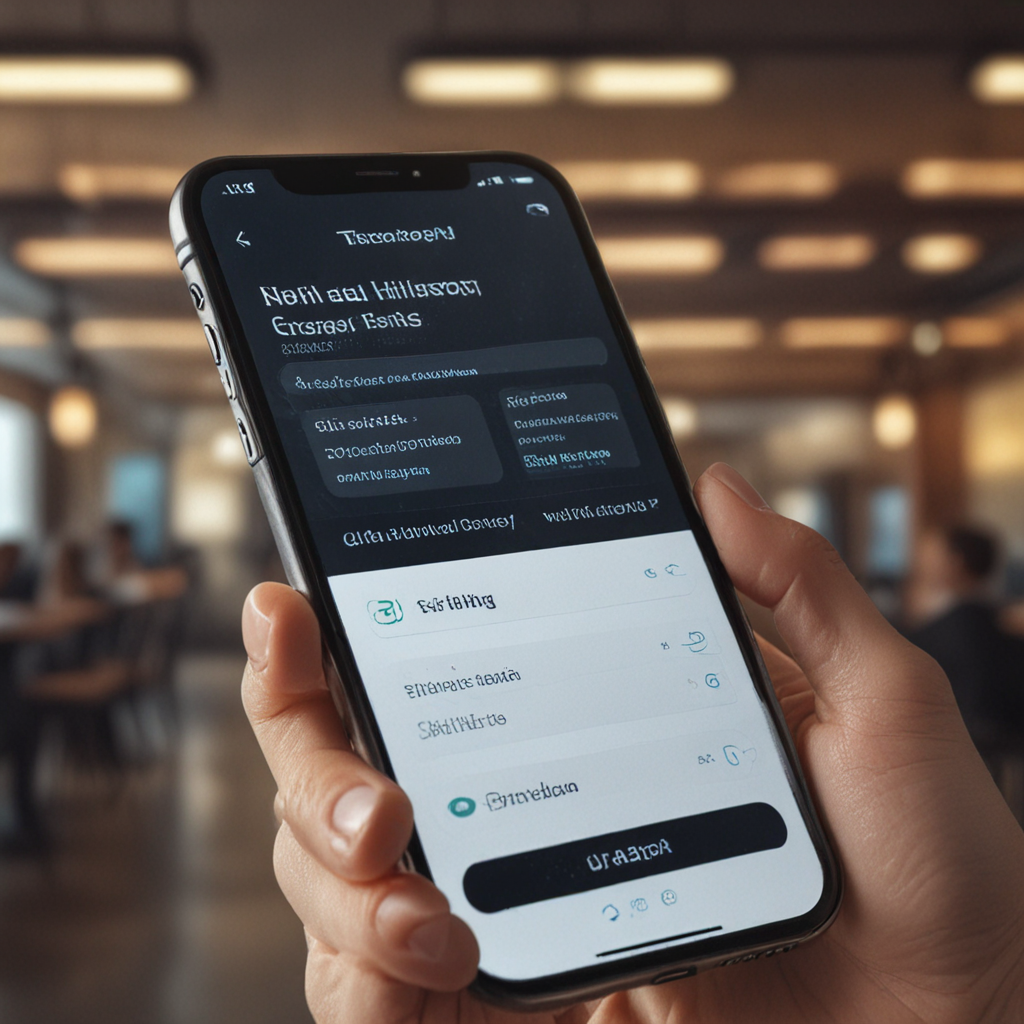
1. Introduction: The Convergence of Cloud and Mobile
The rise of mobile devices has revolutionized the way we interact with technology. Mobile apps have become indispensable tools for communication, entertainment, and productivity. As the mobile landscape continues to evolve, cloud technologies are playing an increasingly important role in the development and deployment of mobile apps. By leveraging cloud services, mobile app developers can access a wide range of resources and capabilities that were previously unavailable to them.
2. Cloud Benefits for Mobile App Development
Cloud computing offers numerous benefits for mobile app development, including:
2.1. Scalability and Flexibility
Cloud services provide the ability to scale resources up or down on demand, allowing mobile apps to handle fluctuating traffic and user demand without experiencing performance issues. This scalability is particularly important for apps that experience seasonal or unpredictable usage patterns.
2.2. Data Storage and Management
Cloud-based data storage solutions provide mobile app developers with a secure and reliable way to store and manage user data. This eliminates the need for app developers to provision and manage their own servers, saving time and resources. Additionally, cloud-based data storage solutions offer robust data backup and recovery capabilities, ensuring that user data is protected against loss or corruption.
2.3. Real-time Analytics
Cloud-based analytics services provide mobile app developers with real-time insights into app usage and performance. This data can be used to improve the user experience, identify areas for improvement, and make informed decisions about app development. Real-time analytics also enable app developers to track key performance indicators (KPIs) and monitor the effectiveness of marketing campaigns.
6. Mobile App Development with Cloud-native Frameworks
Cloud-native frameworks simplify the development and deployment of cloud-based mobile apps. These frameworks provide pre-built components and services that reduce the need for custom coding, saving time and resources for developers. Some popular cloud-native frameworks for mobile app development include:
6.1. Firebase
Firebase is a mobile app development platform provided by Google. It offers a comprehensive suite of services, including data storage, authentication, analytics, and push notifications. Firebase simplifies the integration of cloud services into mobile apps, making it easier for developers to build feature-rich apps.
6.2. AWS Amplify
AWS Amplify is a mobile app development framework provided by Amazon Web Services (AWS). It provides a set of tools and services designed specifically for mobile app development on AWS. AWS Amplify includes features for data storage, authentication, analytics, and hosting, making it a convenient option for developers who want to leverage AWS cloud services.
6.3. Azure Mobile Apps
Azure Mobile Apps is a mobile app development platform provided by Microsoft Azure. It provides a set of services designed to simplify the development and deployment of mobile apps on Azure. Azure Mobile Apps features include data storage, authentication, push notifications, and offline sync, making it a suitable option for developers who want to build mobile apps on the Azure platform.
7. Benefits of Cloud-native Mobile Apps
Leveraging cloud-native frameworks for mobile app development offers several benefits, including:
7.1. Reduced Complexity and Cost
Cloud-native frameworks abstract away the underlying cloud infrastructure, allowing developers to focus on building the app's core functionality. This reduces the complexity and cost associated with cloud-based mobile app development and enables teams to deliver apps to market faster.
7.2. Increased Innovation and Agility
Cloud-native frameworks provide a set of pre-built components that can be customized and extended. This allows developers to innovate more rapidly and respond to changing market demands. Furthermore, cloud-native frameworks enable developers to leverage the latest cloud technologies, empowering them to build apps with advanced features and capabilities.
8. Security Considerations in Cloud-based Mobile Apps
Security is paramount when developing cloud-based mobile apps. Developers must prioritize the protection of user data and ensure compliance with relevant privacy regulations. Key security considerations include:
8.1. Data Protection
Cloud-based storage services provide robust data protection measures, including encryption, access control, and disaster recovery. However, it is essential for developers to implement additional security measures within their apps to prevent unauthorized access or data breaches.
8.2. Authentication and Authorization
Proper authentication and authorization mechanisms are crucial to control user access to cloud services and app resources. Developers should implement strong authentication protocols and enforce strict authorization rules to protect user accounts and prevent malicious access to sensitive data.
9. Best Practices for Cloud-based Mobile App Development
To ensure the success of cloud-based mobile app development projects, developers should follow these best practices:
9.1. Plan for Scalability
Scalability is essential for cloud-based mobile apps to handle fluctuating traffic and user demand. Developers should architect their apps to scale seamlessly, leveraging cloud services that provide automatic scaling capabilities.
9.2. Optimize Data Usage
Optimizing data usage can significantly reduce costs and improve performance. Developers should implement data compression techniques, utilize caching, and minimize unnecessary data transfers to conserve bandwidth and optimize app performance.
9.3. Use Serverless Architecture
Serverless architecture eliminates the need for developers to manage and provision servers. This approach simplifies app development and deployment, reduces costs, and enables developers to focus on building the app's core functionality.
10. Future Trends in Cloud-based Mobile App Development
As technology advances, cloud-based mobile app development is poised to undergo further evolution. Key trends to watch include:
10.1. Edge Computing
Edge computing brings computing resources closer to the user, reducing latency and improving performance for cloud-based mobile apps. This trend will enable the development of real-time, responsive apps that require fast data processing and low latency.
10.2. Artificial Intelligence and Machine Learning
Artificial intelligence (AI) and machine learning (ML) are transforming cloud-based mobile app development. Developers are leveraging AI and ML to enhance app functionality, provide personalized experiences, and automate tasks, resulting in more intelligent and user-friendly apps.
FAQs
What is the role of the cloud in mobile app development?
The cloud provides a range of resources and capabilities, including scalability, data storage and management, and analytics, that enhance the development and deployment of mobile apps.What are the benefits of using cloud-based frameworks for mobile app development?
Cloud-native frameworks simplify development, reduce complexity and cost, and enable innovation and agility.What security considerations should be taken into account when developing cloud-based mobile apps?
Data protection, authentication, and authorization are critical security considerations for cloud-based mobile apps. Implementing robust security measures is essential to protect user data and privacy.


